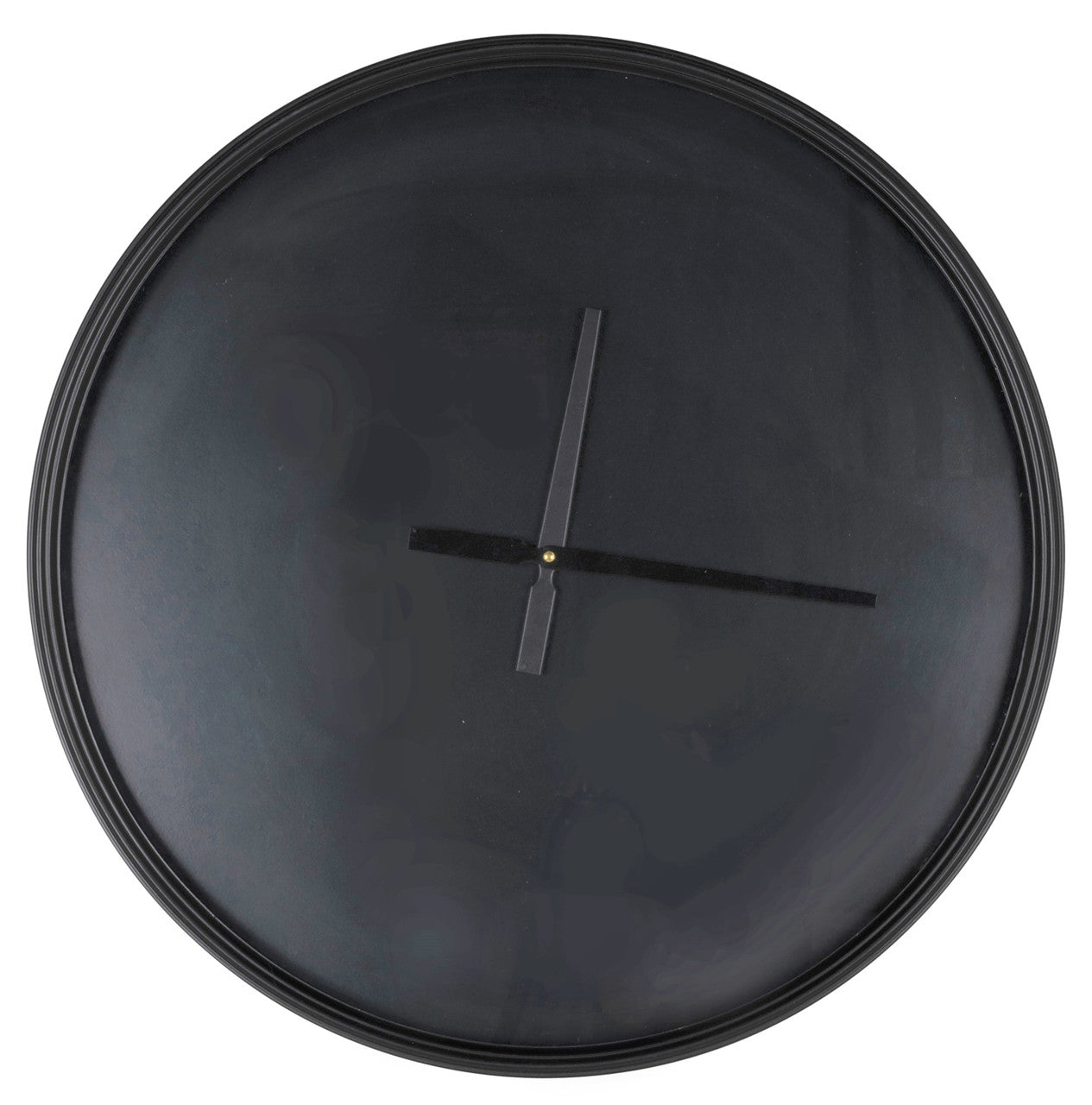![]()
"Wild Clocks" by David Farrier is a fascinating essay that delves into the concept of time, its impact on human life, and the evolving relationship we have with clocks and technology. Here are some of the key highlights of the essay:
1. The Concept of Time and Clocks: Farrier explores the history and significance of clocks, discussing how they have shaped human existence and the way we perceive time. He highlights how, for centuries, timekeeping devices have been integral to society, from early mechanical clocks to modern digital devices.
2. The Disconnect with Natural Time: The essay touches upon the shift from natural time (such as the sun's movement or seasons) to more rigid, human-made time systems. Farrier critiques the way clocks have come to dictate the pace of life, often separating people from the natural rhythms of the world.
3. Time and Technology: Farrier examines the role of technology in shaping our experience of time. He discusses the advent of smartphones, digital watches, and other time-keeping devices that have altered how we track and manage our time, sometimes to the point of obsession or over-scheduling.
4. The Psychological Impact of Time: The essay delves into the psychological effects of constantly being aware of time. Farrier suggests that the pressure of managing time in modern society can lead to stress, anxiety, and a sense of disconnection from the present moment.
5. The Wild Clocks Metaphor: Farrier uses the metaphor of "wild clocks" to symbolize the unpredictable, chaotic nature of time. This represents the idea that despite our efforts to control time through technology, time remains a force that cannot be fully tamed or predicted.
6. The Paradox of Time Control: Farrier contemplates the paradox of our desire to control and manage time while simultaneously feeling overwhelmed by its passage. He reflects on how, in the pursuit of efficiency and productivity, we often lose sight of the value of simply being in the moment.
7. Conclusion: Embracing the Chaos of Time: In the conclusion, Farrier suggests that perhaps the answer lies not in controlling time, but in accepting the unpredictability and wildness of it. He advocates for a more mindful approach to time, one that embraces its irregularity and allows us to live more fully in the present.
In every living thing, there ticks a clock. “Lodged in all is a set metronome,” wrote W. H. Auden: when May comes round, birds “still in the egg, click to each other ‘Hatch!’” and “October’s nip” is the signal for trees to release their leaves.





